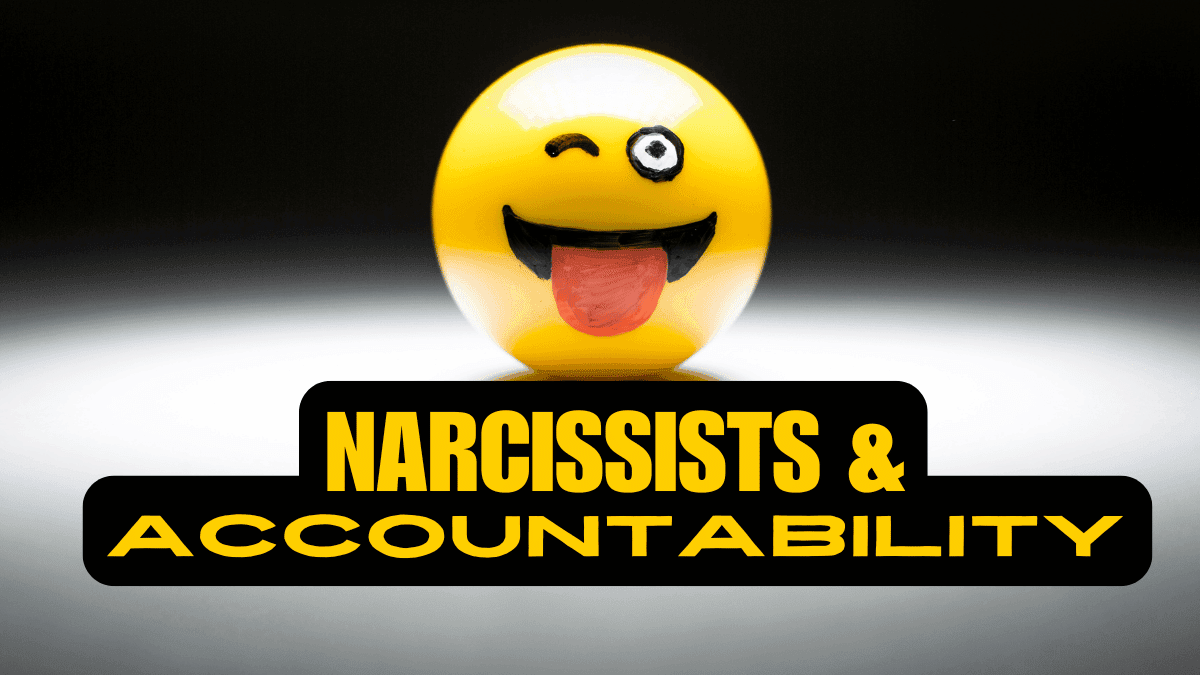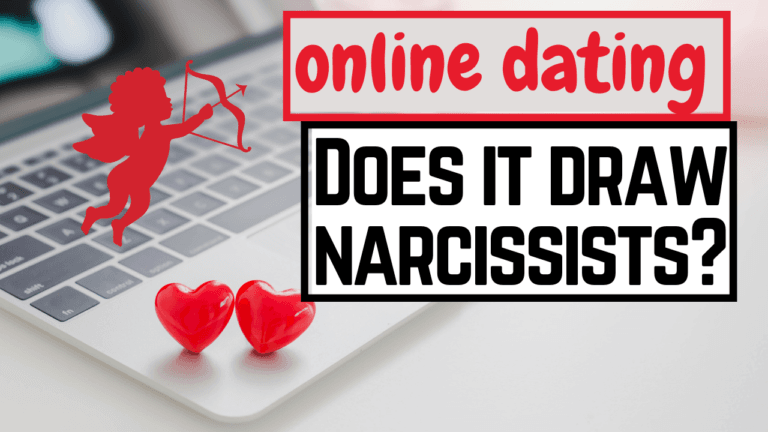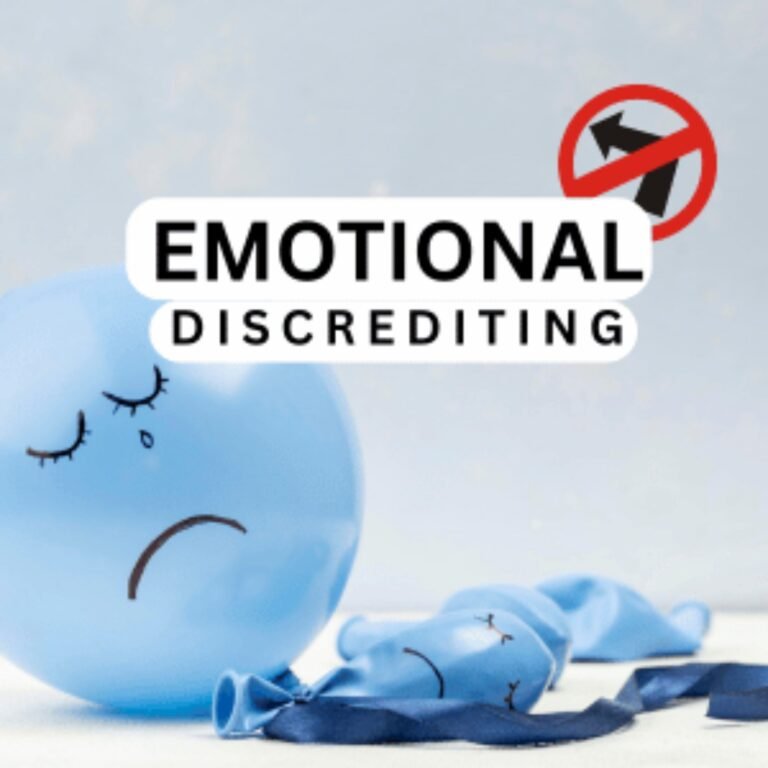The Accountability Nightmare: 5 Reasons Why Narcissists Struggle with Being Held Accountable and Guilt
Accountability: Have You Ever Tried to Hold A Narcissist Accountable?
Narcissists are often characterized by their grandiosity, lack of empathy, and an inflated sense of self-importance. These traits make it incredibly difficult for them to experience guilt or take accountability for their actions. For those who have encountered narcissists in their personal or professional lives, understanding why they struggle with these basic human emotions can provide insight into their behavior and help in managing interactions with them. In this article, we will explore five key reasons why narcissists find it challenging to feel guilt and take responsibility.
1. Distorted Self-Perception
Narcissists typically have a highly distorted perception of themselves, viewing themselves as superior to others. This inflated self-image is a defense mechanism designed to protect them from feelings of inadequacy and insecurity. As a result, when they engage in harmful or unethical behavior, they often rationalize or justify their actions rather than feeling guilty. Their skewed self-perception prevents them from recognizing their own flaws and shortcomings, making it nearly impossible for them to take accountability for their actions.
Example: A narcissistic individual may lie or manipulate to achieve their goals, but instead of feeling remorse, they convince themselves that their actions were justified because they believe they are deserving of special treatment or success.
2. Lack of Empathy
One of the hallmark traits of narcissism is a profound lack of empathy. Narcissists struggle to understand or care about the feelings and needs of others, which significantly impairs their ability to feel guilt. Guilt often arises from an awareness of how one’s actions have negatively impacted others, but for a narcissist, this awareness is often absent. They are more focused on their own desires and interests, and as a result, they fail to consider the emotional consequences of their actions on others.
Example: A narcissist might cancel plans at the last minute without considering how it affects the other person, then feel no guilt about the inconvenience they caused because they prioritize their own needs over the feelings of others.
3. Externalization of Blame
Narcissists have a tendency to externalize blame, meaning they attribute their mistakes or failures to external factors or other people rather than accepting responsibility themselves. This behavior is closely tied to their need to protect their fragile self-esteem. Admitting fault or experiencing guilt would require acknowledging that they are not perfect, which is something their ego cannot tolerate. By shifting the blame onto others, they avoid the discomfort of guilt and maintain their inflated self-image.
Example: If a narcissist fails to meet a deadline at work, they might blame a colleague for not providing the necessary information, rather than accepting that they mismanaged their time.
4. Fear of Vulnerability
Narcissists often view guilt and accountability as signs of weakness or vulnerability, which they go to great lengths to avoid. Admitting guilt would require them to acknowledge that they are flawed, which is a direct threat to their carefully constructed image of perfection. This fear of vulnerability leads them to deny any wrongdoing and resist taking responsibility for their actions. They would rather maintain the illusion of being infallible than risk exposing their true, vulnerable selves.
Example: A narcissist who has hurt someone emotionally may refuse to apologize or admit fault because they fear that doing so would make them appear weak or inferior.
5. Inability to Reflect
Example: A narcissist may engage in hurtful behavior repeatedly without ever considering how their actions affect others or what they could do differently because they are unable to look inward and assess their own behavior.
Conclusion: Navigating Interactions with Narcissists
Understanding why narcissists struggle with guilt and accountability can be crucial for those who have to deal with them regularly. Recognizing these behaviors for what they are—a defense mechanism rooted in deep-seated insecurity and fear—can help you manage your expectations and interactions with narcissistic individuals. While it’s unlikely that a narcissist will change, being aware of these traits can empower you to protect your own emotional well-being and set appropriate boundaries.
Remember, the inability of a narcissist to feel guilt or take accountability is not a reflection of your worth or the validity of your feelings. It’s a reflection of their own psychological limitations. By focusing on your own mental and emotional health, you can navigate these challenging relationships with greater clarity and confidence.
accountability accountability accountability accountability accountability accountability accountability accountability accountability accountability accountability








